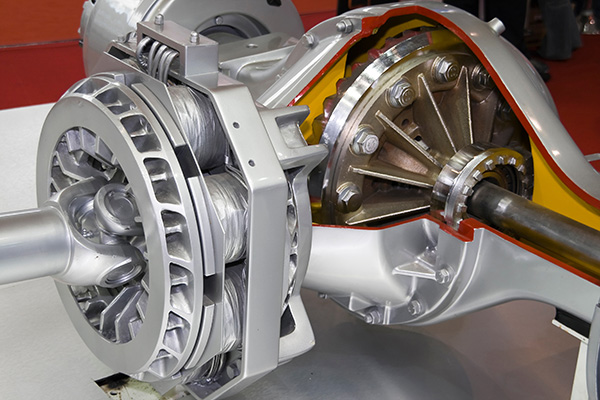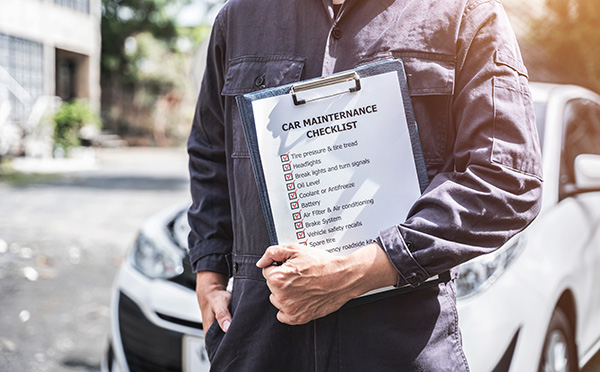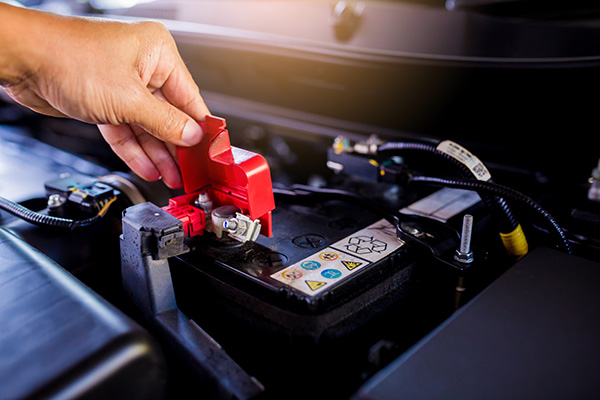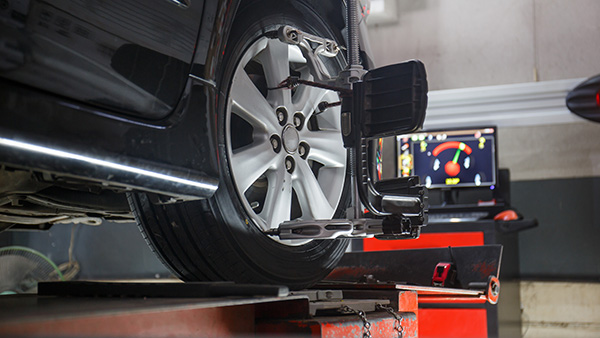Posted on 10/10/2024

When it comes to vehicle maintenance, most people think about the engine, brakes, or transmission. But not many drivers think about the differential. It could be to blame if you’ve heard strange noises, noticed unusual handling, or experienced vibrations while driving. This critical system transfers power from the engine to the wheels, allowing them to rotate at different speeds, especially when turning. So, how do you know when it’s time for differential service? Unusual Noises from the Differential Area One of the first signs that your differential needs attention is hearing unusual noises, especially when turning or accelerating. If you notice a whining, howling, or grinding sound coming from the rear or front of the vehicle, it's a strong indication of differential trouble. These noises are typically caused by worn-out gears or bearings or a lack of lubrication within the differential. Whining noise when accelerating usually points to a problem w ... read more
Posted on 9/27/2024

Ever wondered why your speedometer seems off after getting new tires? Tire changes can impact the accuracy of your speedometer in ways you might not expect. While it might seem like a minor issue, incorrect speed readings can affect your driving experience and safety. Understanding the relationship between your tires and the speedometer is crucial for keeping your vehicle in top shape. The Role of Tire Size in Speedometer Accuracy The size of your tires plays a significant role in how accurately your speedometer measures your speed. When you replace your tires, especially if you switch to a different size, it can throw off the calibration of your speedometer. Here's why: Tire Diameter Speedometers are calibrated based on the circumference of the tires. Larger tires cover more ground per revolution, while smaller tires cover less. If you change to tires with a different diameter, your speedometer might display incorrect speeds. For example, if yo ... read more
Posted on 8/30/2024

So, you've just purchased a used car—congratulations! Now, as excited as you may be to hit the road, there's one crucial step you shouldn't overlook: maintenance. Even if the car appears to be in great condition, taking the time to perform some essential maintenance can save you from unexpected breakdowns and costly repairs down the road. But where do you start? These are the key maintenance steps you should take after buying a used car to ensure it stays in top shape. Check and Change the Fluids One of the first things you should do after purchasing a used car is to check and, if necessary, change all the essential fluids. This includes engine oil, transmission fluid, coolant, brake fluid, and power steering fluid. While the previous owner may have kept up with regular maintenance, it's best to start with a clean slate to ensure everything is up to your standards. Start with the engine oil. If it looks dark or dirty, it's time for an oil c ... read more
Posted on 7/26/2024

Car batteries are extremely important to your vehicle's electrical system, providing the power needed to start the engine and run various accessories. Yet, they often remain unnoticed until they fail. Apprehending a car battery's lifespan and how to extend it is crucial for any vehicle owner. Let's explore what determines a car battery's lifespan and how you can ensure it serves you well for as long as possible. Factors Influencing Car Battery Lifespan Car batteries don't last forever, but several factors influence their longevity. On average, a car battery lasts between three to five years. However, this can vary based on several conditions: 1. Climate Conditions Temperature plays a significant role in battery life. Extreme heat can cause battery fluid to evaporate, leading to damage. Cold temperatures, on the other hand, can thicken the oil, making it harder for the engine to start and putting extra strain on the battery. If yo ... read more
Posted on 6/27/2024

When it comes to car maintenance, wheel alignment often gets overlooked. Yet, it plays a critical role in your vehicle's performance. Think about it—when your wheels are properly aligned, your car handles better, your tires last longer, and you save money on fuel. But what exactly is wheel alignment, and how does it impact your car's performance? Understanding Wheel Alignment So, what is wheel alignment? Simply put, it's the adjustment of the angles of the wheels so that they are set to the car manufacturer's specifications. The primary angles involved are camber, toe, and caster. Each of these angles affects how your car handles and how your tires wear over time. When your wheels are aligned correctly, they point in the right direction, and your car drives smoothly. If they're out of alignment, you'll likely notice issues like uneven tire wear, steering problems, and decreased fuel efficiency. How Misalignment Affects Yo ... read more